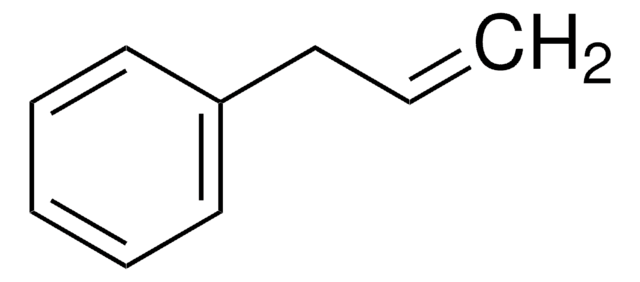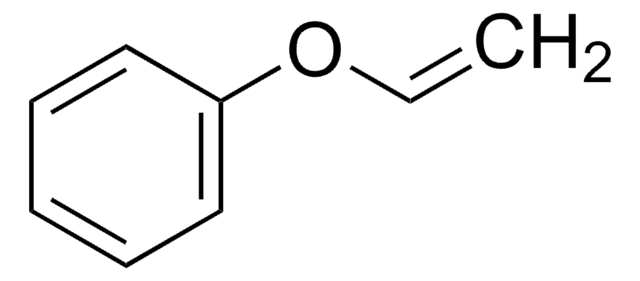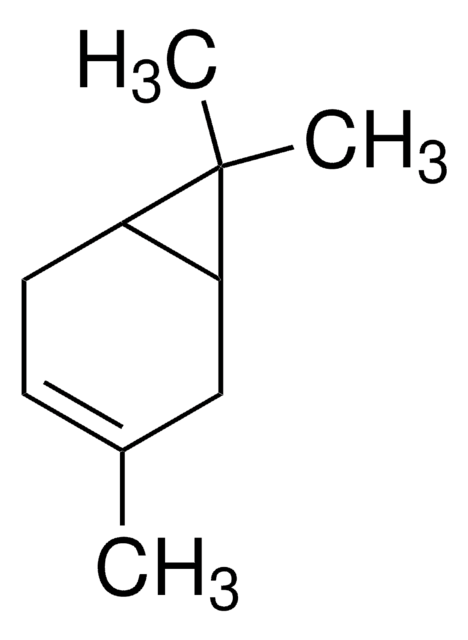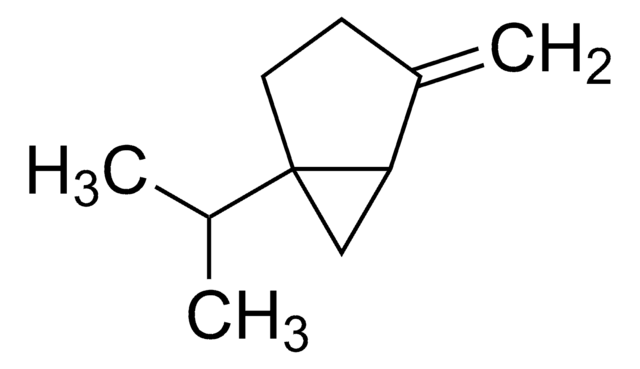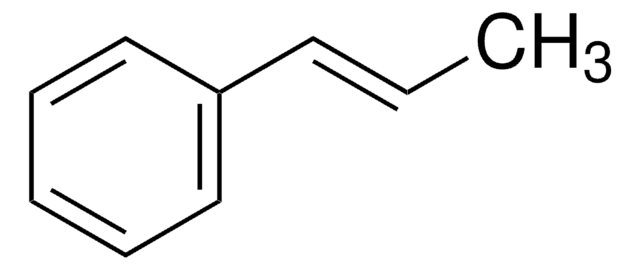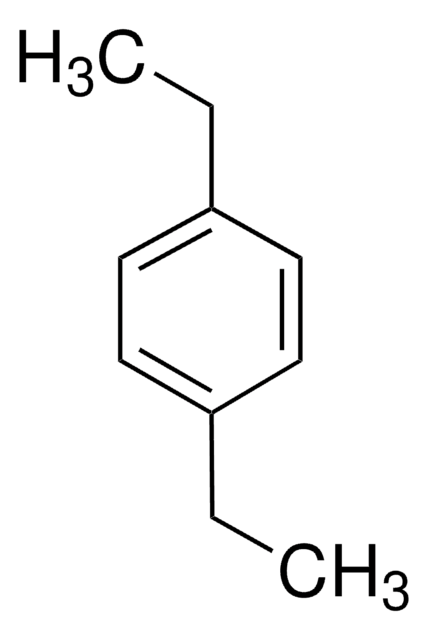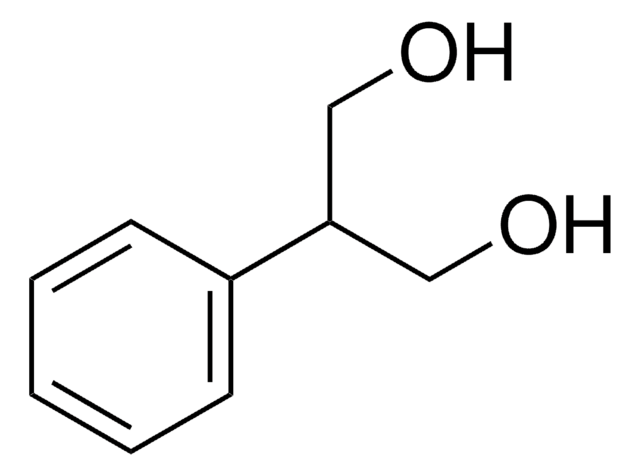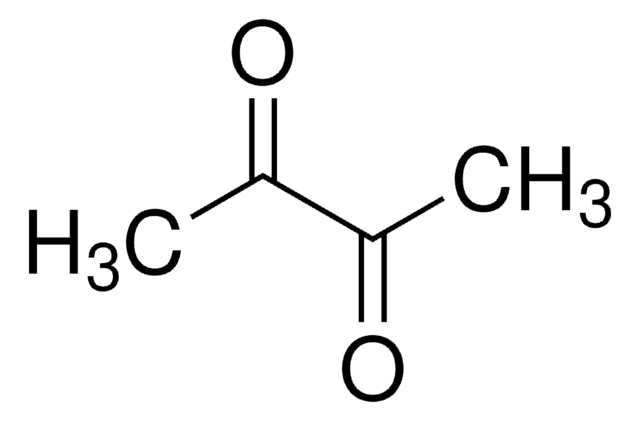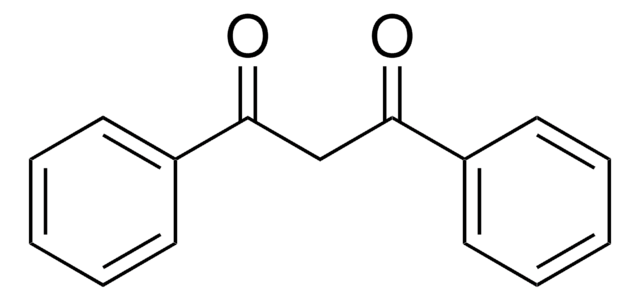223034
1-Phenyl-1,2-propanedione
99%
Synonym(s):
Acetyl benzoyl
About This Item
Recommended Products
Quality Level
Assay
99%
form
liquid
impurities
1% methyl benzoate
refractive index
n20/D 1.532 (lit.)
bp
103-105 °C/14 mmHg (lit.)
density
1.101 g/mL at 25 °C (lit.)
functional group
ketone
phenyl
SMILES string
CC(=O)C(=O)c1ccccc1
InChI
1S/C9H8O2/c1-7(10)9(11)8-5-3-2-4-6-8/h2-6H,1H3
InChI key
BVQVLAIMHVDZEL-UHFFFAOYSA-N
Gene Information
human ... ACHE(43) , BCHE(590) , CES1(1066)
Looking for similar products? Visit Product Comparison Guide
General description
Signal Word
Warning
Hazard Statements
Precautionary Statements
Hazard Classifications
Acute Tox. 4 Oral - Eye Irrit. 2 - Skin Irrit. 2 - STOT SE 3
Target Organs
Respiratory system
Storage Class Code
10 - Combustible liquids
WGK
WGK 3
Flash Point(F)
183.2 °F - closed cup
Flash Point(C)
84 °C - closed cup
Personal Protective Equipment
Regulatory Listings
Regulatory Listings are mainly provided for chemical products. Only limited information can be provided here for non-chemical products. No entry means none of the components are listed. It is the user’s obligation to ensure the safe and legal use of the product.
FSL
Group 4: Flammable liquids
Type 3 petroleums
Hazardous rank III
Water insoluble liquid
JAN Code
223034-1G:
223034-5G:
223034-BULK:
223034-VAR:
223034-100G:
Choose from one of the most recent versions:
Already Own This Product?
Find documentation for the products that you have recently purchased in the Document Library.
Customers Also Viewed
Our team of scientists has experience in all areas of research including Life Science, Material Science, Chemical Synthesis, Chromatography, Analytical and many others.
Contact Technical Service